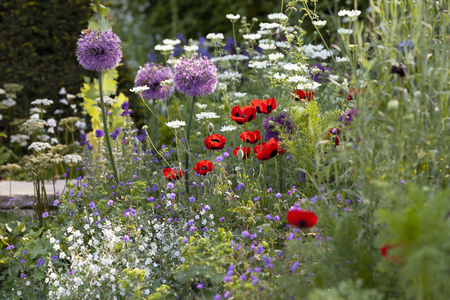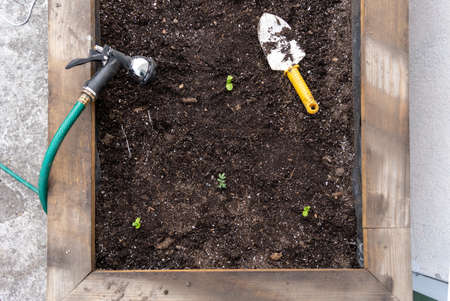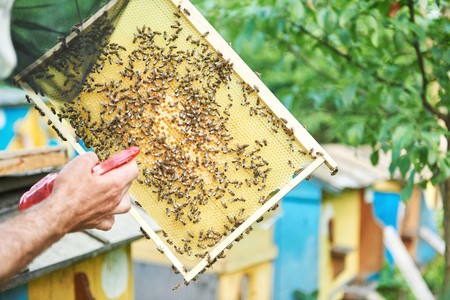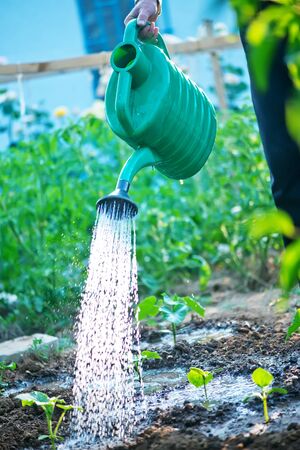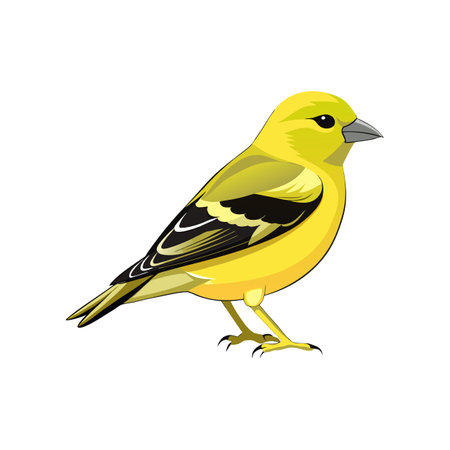Understanding Perennial and Annual Flowers in the UK: Key Differences and Uses
Introduction to Perennial and Annual FlowersIn the world of British gardening, understanding the difference between perennial and annual flowers is essential for creating beautiful and lasting outdoor spaces. Perennials, often called "herbaceous perennials" in the UK, are plants that return year after year, typically flowering for several seasons. In contrast, annuals complete their life cycle…
